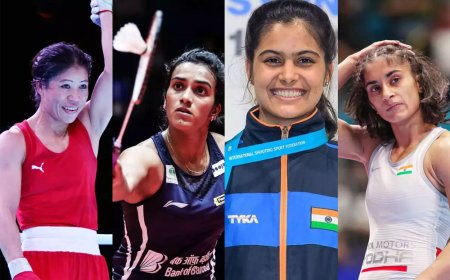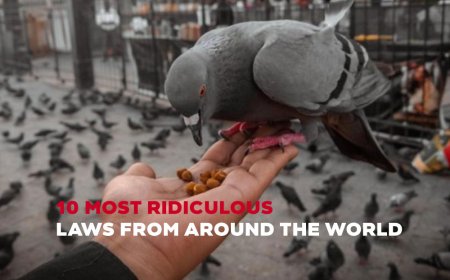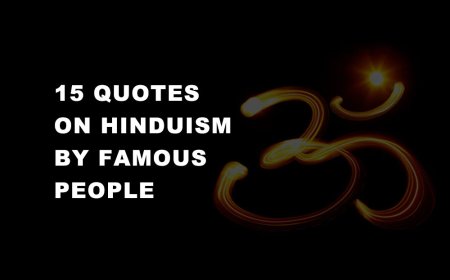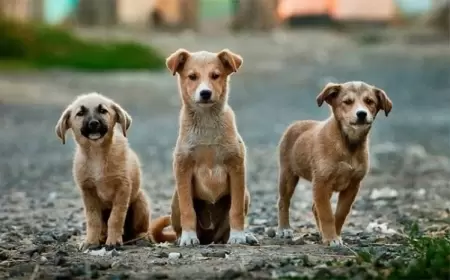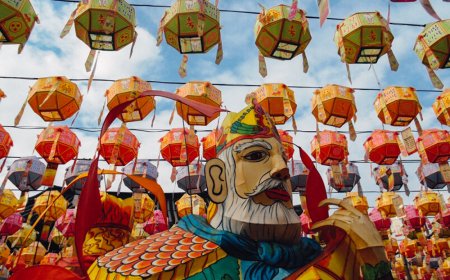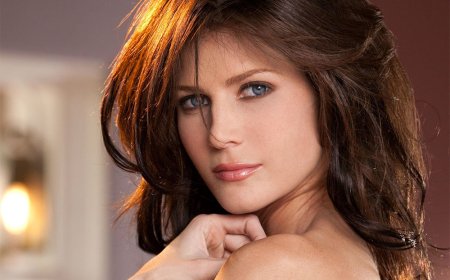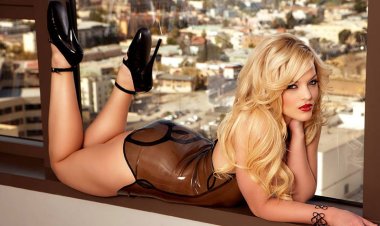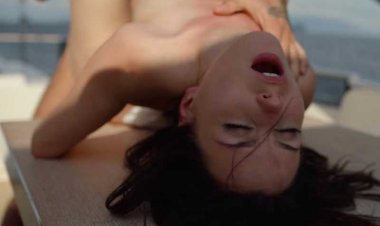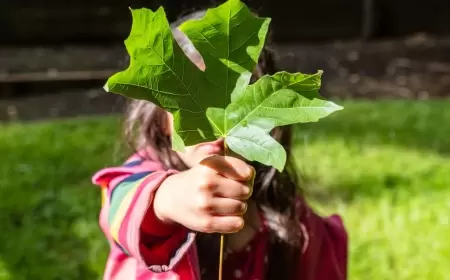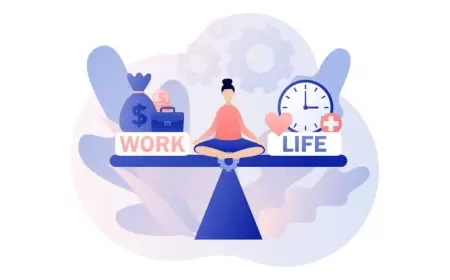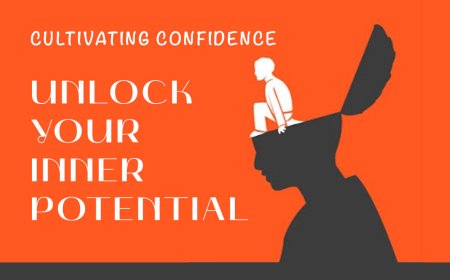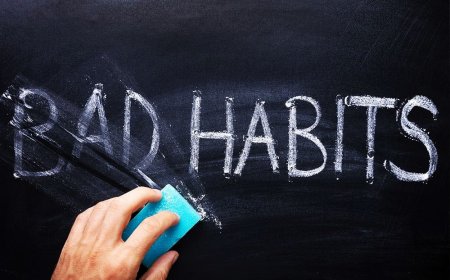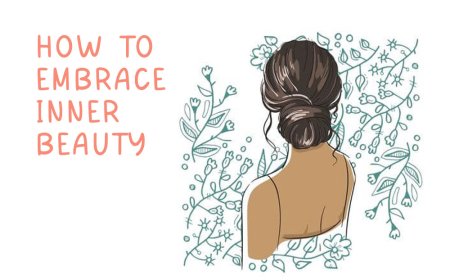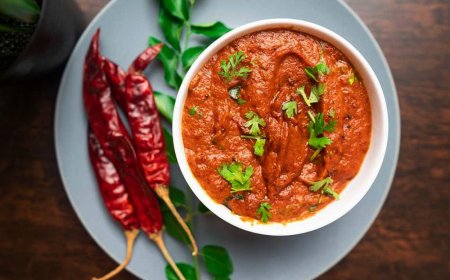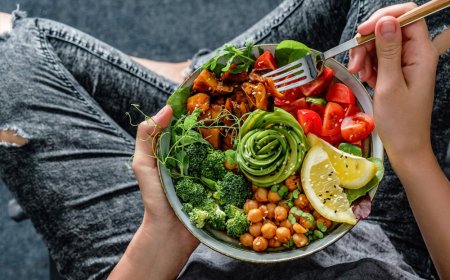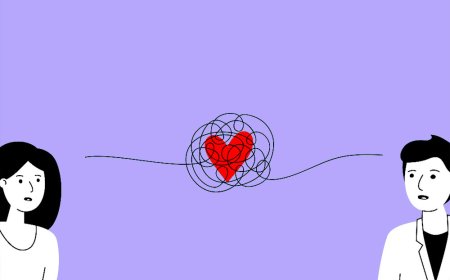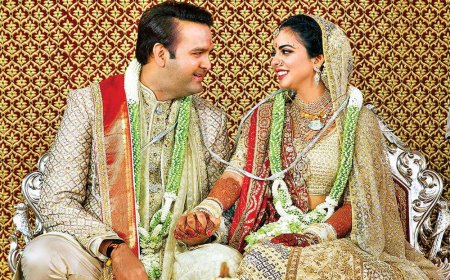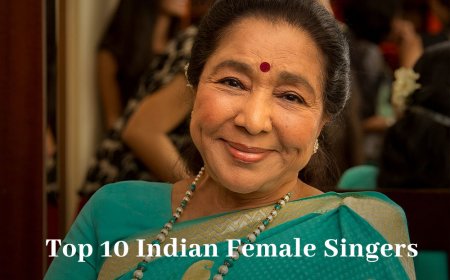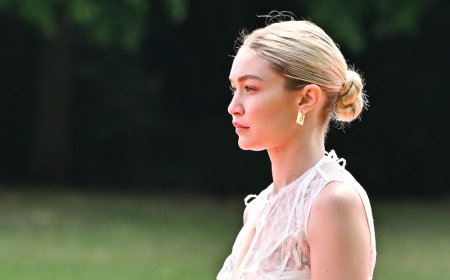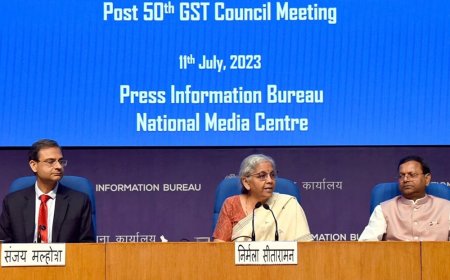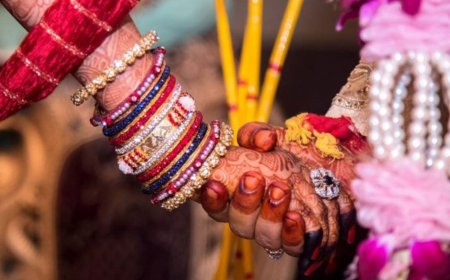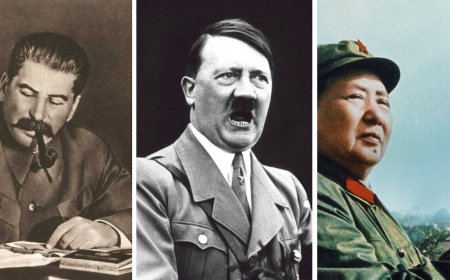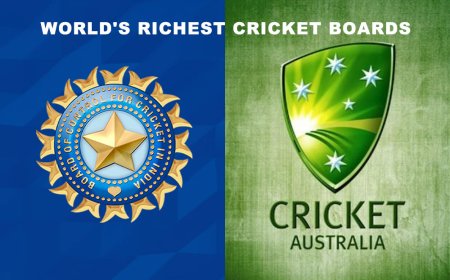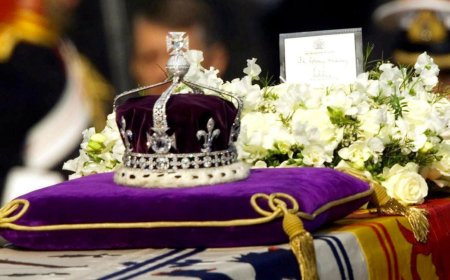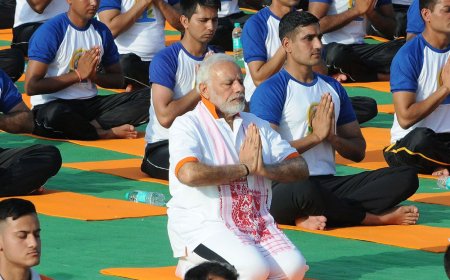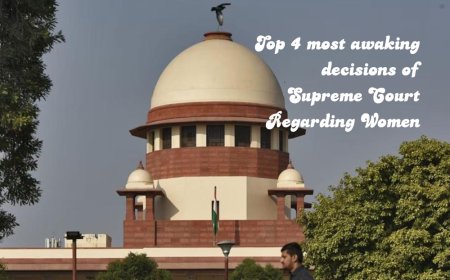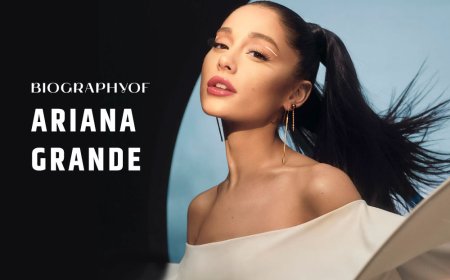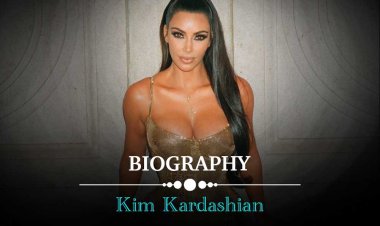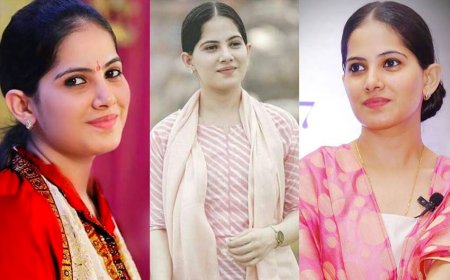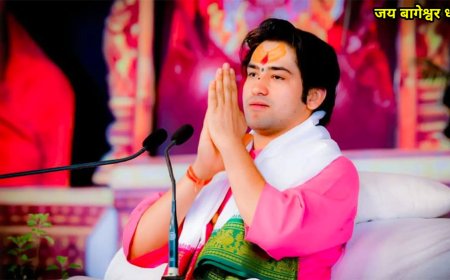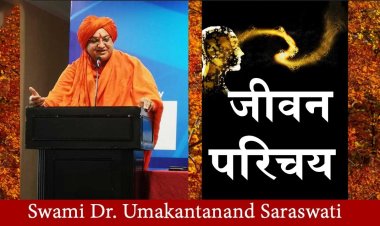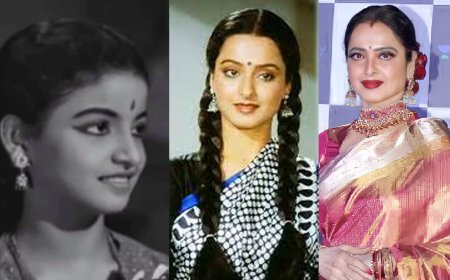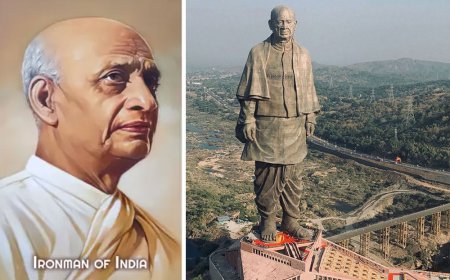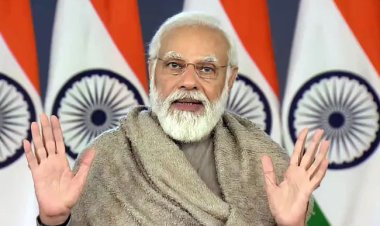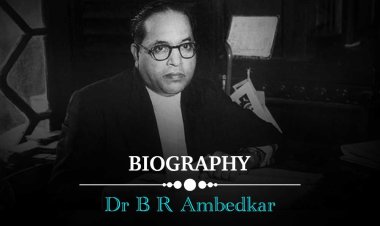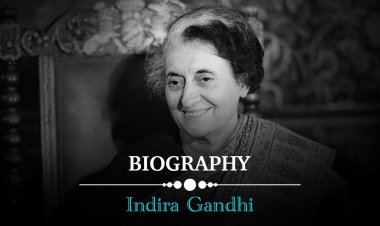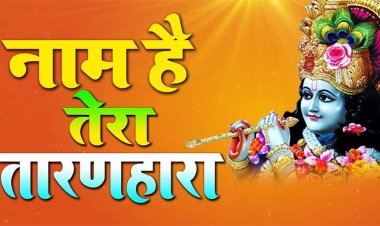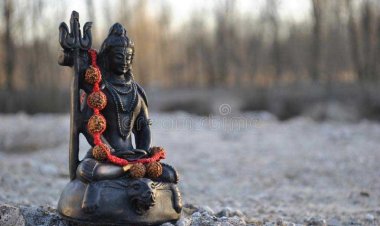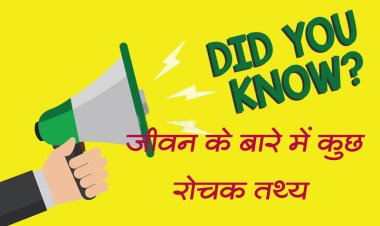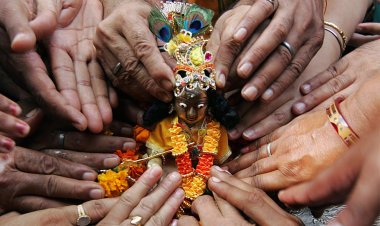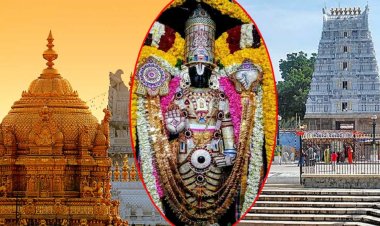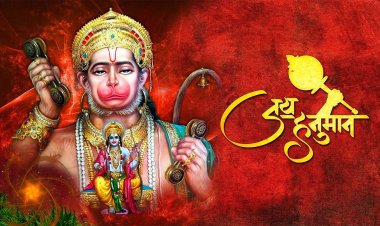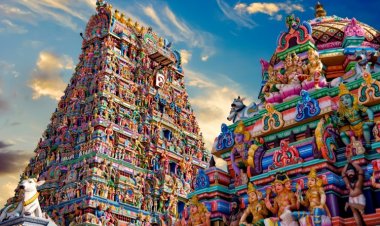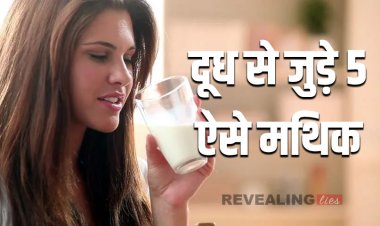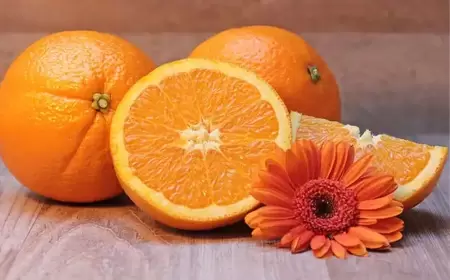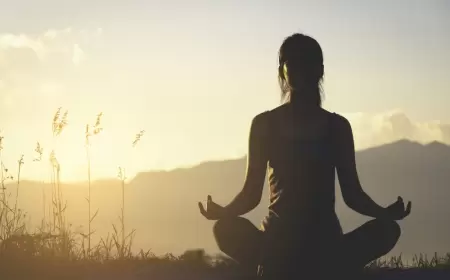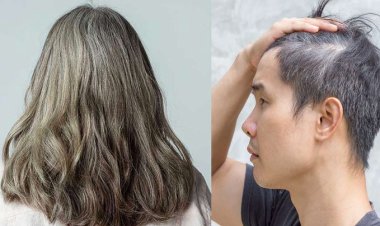Understanding The Ayurveda Behind Ages-Old Haircare Secrets To Achieve Healthy Hair
It might be difficult to take care of your hair frequently. Particularly considering the rising pollutants and potential hormonal changes in your body. Fortunately, despite all the unfavorable circumstances, taking proper care of your hair is still achievable. We offer some of the most helpful hair care advice that may keep your hair healthy in this blog. So let's get going.
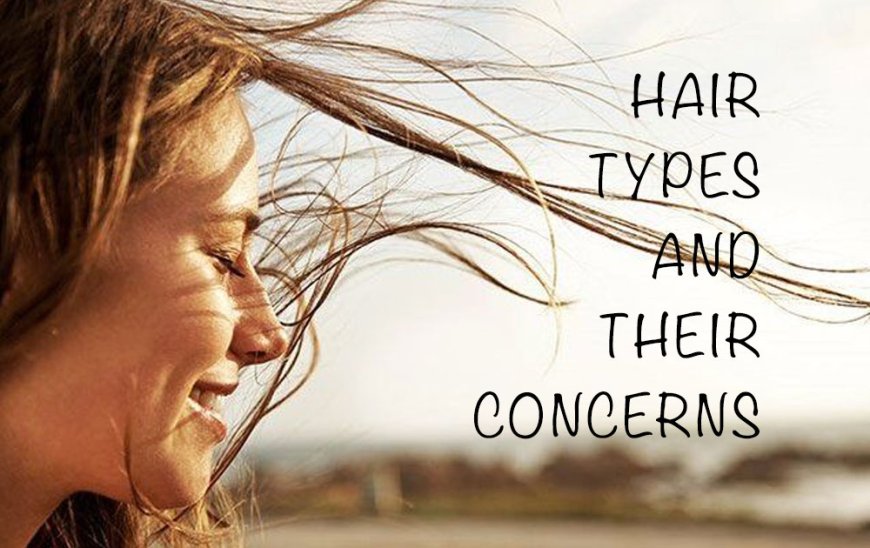
Hair Types and Their Concerns
One of the most popular regimens in holistic wellness is haircare, but people sometimes forget that various hair types have varied requirements. If the therapy is inappropriate, it can make the hair problems worse rather than better. Based on a dominant dosha, which determines hair type and subsequent worries resulting from an imbalance, Ayurveda provides us with a directory that divides hair kinds into three fundamental categories. Understanding the challenges on our path to healthy hair becomes simpler as we learn to identify with a certain hair type. We believe we are better equipped to confront them with original answers.
Vata Hair
The Vata dosha, which is made up of the components of air and space, is linked to coolness, lightness and movement, and dryness. The dominant Vata dosha is characterized by wavy, thin hair, which exhibits these same characteristics. Due to Vata's tendency toward dryness, the scalp frequently lacks moisture, which leads to dandruff and itching and makes hair brittle, frizzy, and dull. Additionally, because of its high porosity, which rapidly absorbs hazardous compounds from cosmetics, the scalp is susceptible to dangerous substances. When left imbalanced or undernourished, hair fall is a regular issue in Vata hair. This frequently goes along with split ends and quick thinning.
Pitta Hair
Hair with a predominance of the Pitta dosha is known for its medium density, thickness, and strength. Due to their reduced porosity and straighter texture than Vata hair, they are less likely to break due to the absorption of hazardous substances. Pitta's heated nature, however, can overheat hair follicles, which can cause the scalp to become greasy and produce boils and dandruff. Hair loss and early graying are classic signs of an overactive Pitta.
Kapha Hair
The earth and water elements that make up the kapha dosha are heavy, chill, and have a sleek, smooth quality. As expected, Kapha hair has a glossy texture since the scalp and hair are both properly moisturized. These hairs are often thick, curling, and robust. They contain the least amount of porosity, which makes it difficult for toxins to enter the scalp. But when the Kapha dosha is out of balance, excessive oil production causes follicular blockages and blocked pores. Dandruff and an oily, sticky scalp are the results of this.
These hair varieties have a variety of issues according to the concentration of each particular dosha, necessitating special and distinctive care. Ayurveda aims to address these issues while also providing explanations.
Ayurveda Hair Care: Ingredients and How to Use Them
People understand the significance of maintaining their hair. The individual appears healthier the healthier they appear. The Ayurvedic tradition, which continues today in the form of readily accessible Ayurvedic Products from Kerala Ayurveda, has century-old methods for preserving thick, beautiful hair. These substances are well-known for being efficient in hair care.
-
Brahmi aids in lowering stress, which minimizes hair loss. It ensures the healthy development of hair while nourishing the scalp and strengthening blood vessels.
-
One of the most revitalizing agents for hair is Triphala, a combination of the three components amla, vibhitaki, and haritaki. Triphala fortifies the scalp by absorbing into its tissues, which results in thick, strong hair.
-
Given its benefits for nourishing hair, bhringaraj is one of the top Ayurvedic secrets for hair care. Given its antioxidant characteristics, it aids in the growth of strong, glossy, and shiny hair as well as the general regeneration of hair. Additionally, it effectively combats dandruff.
FAQs
Here are some of the most frequently asked questions regarding hair care:
Q1. How to take care of long hair?
One of the most effective Ayurvedic hair care products is kesini oil. One of its constituents is amla (Emblicus officinalis). Amla, often known as Indian gooseberry, has significant health advantages for the hair. Brahmi, also known as bacopa (Bacopa monnieri), is a potent plant that strengthens hair by feeding the scalp. The plant indigofera tinctoria can encourage the development of new hair.
Neelibringadi Based on ancient literature, keram is a hair oil. Amla (Emblicus officinalis) and indigo (Indigofera tinctoria), which nourish hair and promote hair development, are two of its main ingredients. It contains Eclipta (Eclipta alba), also known as Bhringraj, which aids in promoting the growth of thick, lustrous hair. In addition to guaranteeing healthy hair, it also eases the mind.
A hair oil called Durvadi Keram functions both inside and on the scalp. It promotes the development of new hair. It nourishes and maintains the health of hair. Its material, Durvadi or Cynodon dactylon, supports the health of the scalp.
Q2. Which Ayurvedic herb promotes hair growth the best?
Some of the greatest remedies provided by Kerala Ayurveda for hair development and nutrition are Kesini Oil, Winsoria Oil, and Neelibringadi Keram. It's critical to select the best treatment depending on the nature of your hair issues and the general composition of your body. Therefore, before purchasing, be careful to read the description.
Q3. Which dosha promotes the growth of hair?
Metabolism in hair is related to the Pitta dosha. Excessive pitta dosha can cause scalp irritation, which inhibits the growth of new follicles, hair loss, and hair thinning.
Q4. Does Ayurveda allow for hair regrowth?
While it is very difficult to regenerate hair after it has been gone, Ayurveda can significantly slow down hair loss. Hair loss occurs before hair thinning. Herbs from the Ayurvedic tradition help stop hair fall, delay premature graying, and restore hair volume.
Q5. How can I get hair without frizz? Curly Hair: How to Take Care of It!
It can help keep the scalp from drying out if you oil your hair once or twice a week with a natural hair oil like coconut or argan oil. You may apply these oils to your hair as a mask, let them sit overnight, and then wash them off the next day. Argan oil is abundant in vitamin E and includes Lauric acid, making it a good moisturizing agent for your scalp.
Q6. What natural remedies can I use to stop split ends? Your Hair: How to Take Care of It!
There are several items at Kerala Ayurveda and numerous home treatments that you may use to prevent split ends if you don't want to continually clip your hair to remove them. Regularly trim your hair's ends, and massage your scalp with moisturizing Ayurvedic oils like Karkuntal oil, Ashwagandha, and Brahmi to prevent hair dryness. Honey and coconut milk hair masks are effective in repairing hair from the roots and are great at-home treatments. Additionally, coconut milk has a lot of vitamin E, which helps to repair and thicken hair while reducing breakage.
What's Your Reaction?
 Like
0
Like
0
 Dislike
0
Dislike
0
 Love
0
Love
0
 Funny
0
Funny
0
 Angry
0
Angry
0
 Sad
0
Sad
0
 Wow
0
Wow
0










